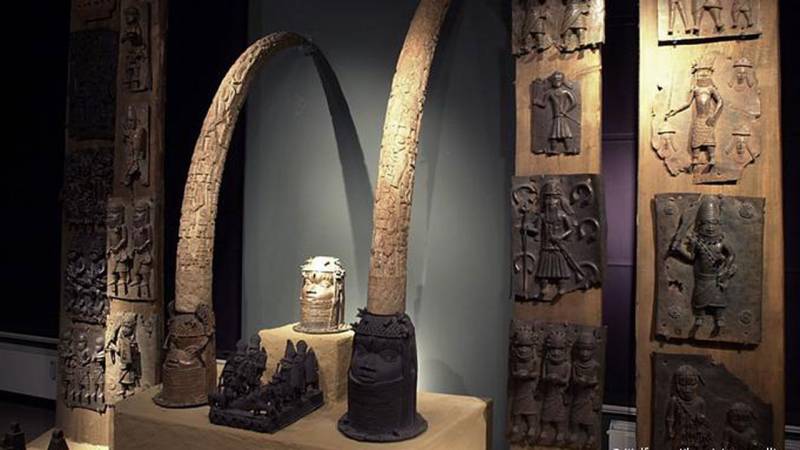In the past, cultural politics was centered on arguing cultural-heritage diplomacy in terms of ownership. Previously, the most important question was, "Who owns the past?" Today's cultural diplomats wonder, "How can we encourage global and national economic progress while protecting local variety and cultural identity?" This new method may have contributed to some of the recent restitution campaign victories, argues GREGORY AUSTIN NWAKUNOR.
In 2021, nations with restitution concerns used diplomatic techniques as weapons to reclaim stolen art: ethical reasons trumped legal considerations. Countries also developed new agendas.
From Greece’s Elgin Marbles to Ethiopia’s Magdala treasures and other loots, Britain however, remained the only country that resisted the return, citing legislation that bans them from disposing of their collections.
As then-Prime Minister David Cameron said of Greece’s Elgin Marbles and India’s Koh-i-Noor diamond: “No, I certainly don’t believe in ‘returnism’, as it were. I don’t think that is sensible.”
According to British art historian, John Picton, who worked for both the British Museum and the state museum commission in Nigeria, the principal reason not to return the artworks is “the lack of facilities to house this material.”
Annabelle Steffes-Halmer, Culture Editor at Deutsche Welle, said, “the basic tenor at the time was that the pieces were better off in Europe, protected from environmental effects and decay. It was believed that Africa was incapable of protecting those pieces. It was an openly racist discourse that led to no result.”
For Zinsou, the London-based museum is mostly concerned about avoiding a precedent that might encourage other demands.“The British Museum refused to return the Benin artworks because [the British] fear that Greece would seize the opportunity to claim the Parthenon friezes,” she said. The Museum has nevertheless declared it was “engaged in a series of dialogues with different parties in Benin (…) and is aware of widespread hopes of future cooperation.”
Unfortunately, Great Britain’s appetite to engage with its colonial legacies has been mixed. It seems the shift in consciousness that played such a key role in re-defining policies elsewhere in Europe failed to move trustees in Britain’s national collections.
As many of these museums were established as archives of empire, their trustees have either been unwilling or have found it too difficult to disengage from these legacies. The British government’s strident view on retaining and respecting every aspect of Britain’s former empire hasn’t made their task any easier.
Outside the country’s national collections, the picture is very different and certainly more encouraging. Tangible steps have been taken to put right the wrongs of the past. The Museums Association received praise last November for introducing fresh guidance to support decolonising the nation’s museums, and several important repatriations, in particular Benin Bronzes, were made by collections outside London, reflecting new respect for fair and just solutions.
But the continued inertia of Britain’s national collections and their unwillingness to consider new policies for reparation and restitution is furthering their isolation from the global museum community and, in particular, from regional and university collections across the UK.




